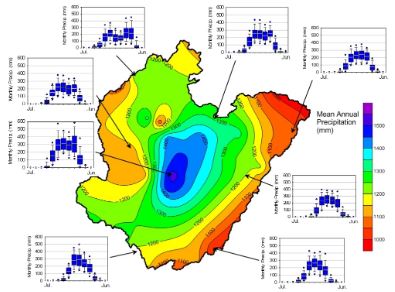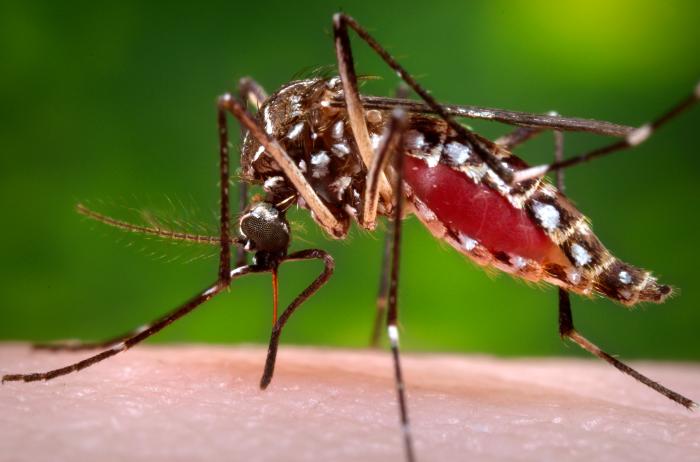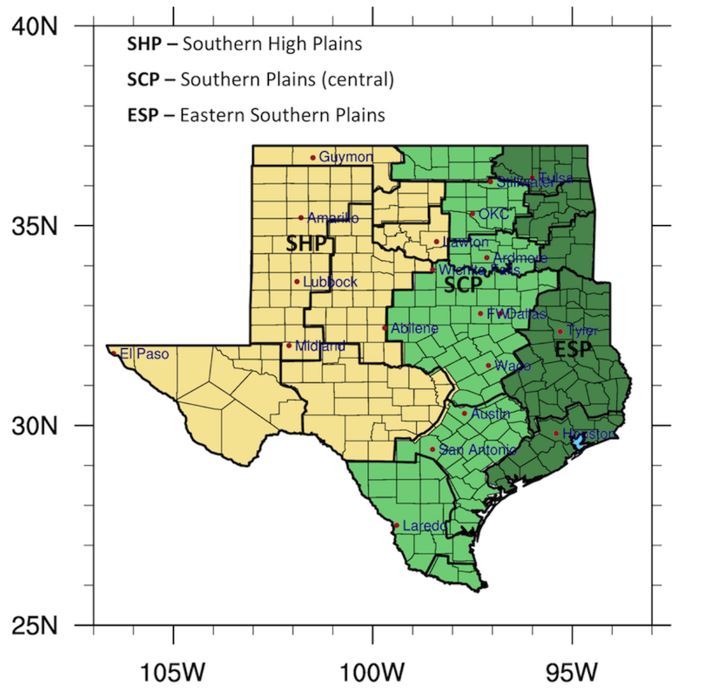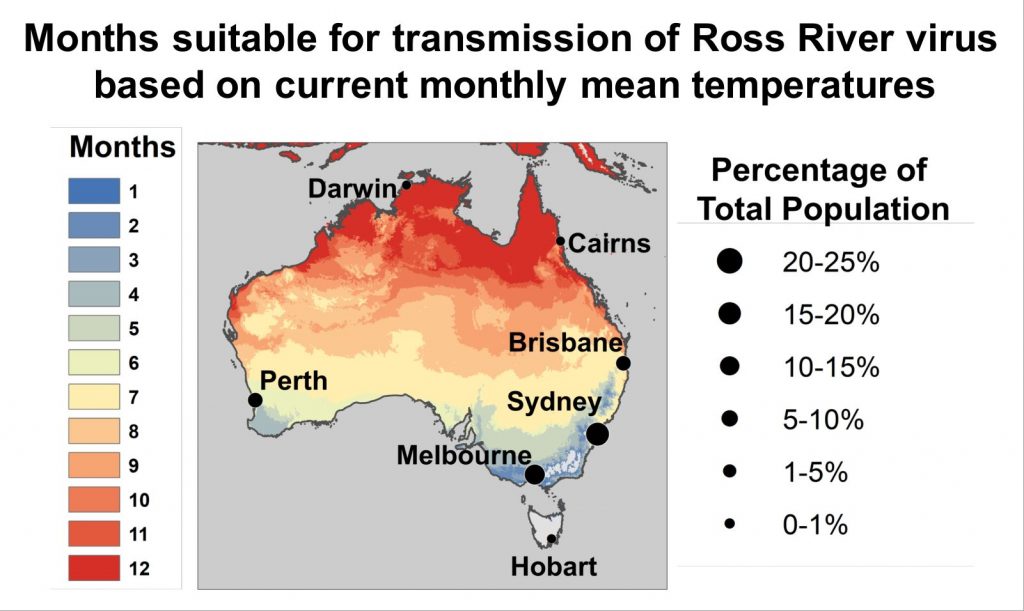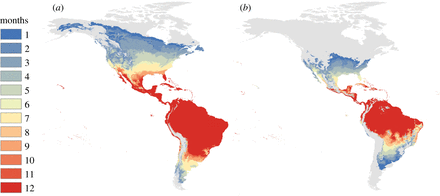Dr. Robert Walker talks Tipping Points in the Amazon with BBC’s PM Programme
Dr. Robert Walker spoke about Tipping Points in the Amazon with Jonny Dymond on the BBC’s PM Programme. Listen to the whole show or scrub forward (Dr. Walker’s interview starts 41 minutes into the show).
Read more "Dr. Robert Walker talks Tipping Points in the Amazon with BBC’s PM Programme"


